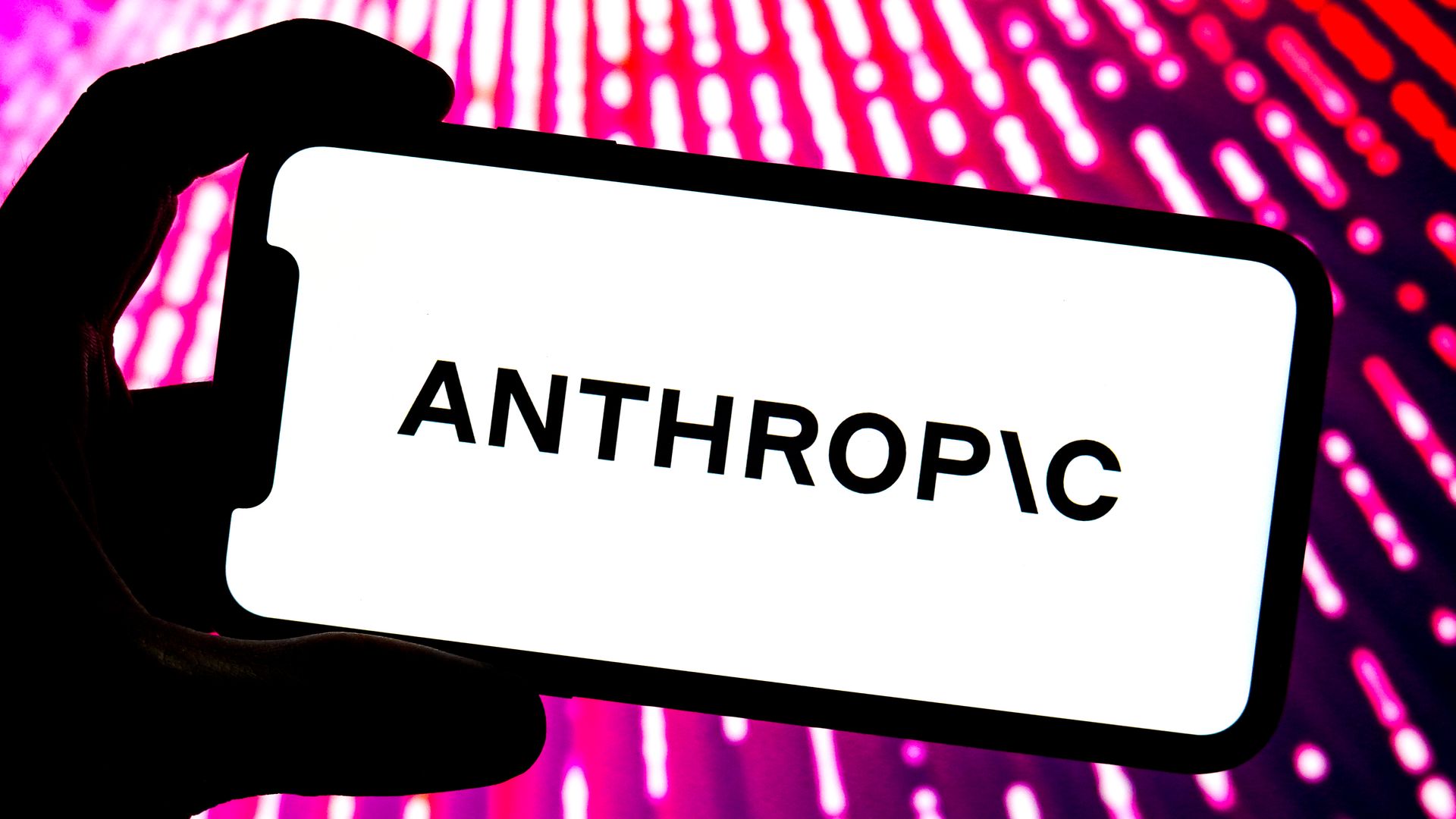Artificial intelligence company Anthropic scored a major victory in court that could impact dozens of similar lawsuits. Despite the legal win, the company still faces piracy claims for allegedly pirating books to start a digital library.
Fair use argument
A group of authors filed a class-action lawsuit against Anthropic in 2024, claiming the company had violated their copyrights by using their books without permission.
The company used those works to train its language model named Claude, a competitor to popular AI tools like OpenAI’s ChatGPT and Google’s Gemini.
Anthropic argued for fair use, which allows limited use of copyrighted material without permission for news reporting, education and other purposes.
One of the major ways a court determines fair use is to see if the use of the copyrighted works was “transformative.” That means it’s not a substitute for the original work, but something new.
“The technology at issue was among the most transformative many of us will see in our lifetimes,” Judge William Alsup wrote in his summary judgment. “The use of the books at issue to train Claude and its precursors was exceedingly transformative and was a fair use under Section 107 of the Copyright Act.”
Split decision
Despite Alsup’s ruling in favor of Anthropic’s fair use, the judge also ruled the piracy of the books was not legally excusable.
What that basically means is, Anthropic’s downloading and building a library out of pirated books is not allowed, but using the books to train the AI tool is.
“Before buying books for its central library, Anthropic downloaded over seven million pirated copies of books, paid nothing, and kept these pirated copies in its library even after deciding it would not use them to train its AI,” Judge Alsup wrote. “The downloaded pirated copies used to build a central library were not justified by a fair use.”
There will now be a trial on the piracy allegations, which could prove very costly for Anthropic. The lowest statutory damage for this kind of copyright infringement is $750 per book.
The judge’s summary says Anthropic pirated 7 million books, which means the damages could get up to over $5 billion for the company.
A recent report from Reuters shows Anthropic makes about $3 billion in annualized revenue.
AI lawsuits
This is far from the first lawsuit involving AI and fair use but it is one of the first times the fair use argument has succeeded.
In a different lawsuit, Thomson Reuters sued AI startup Ross Intelligence, alleging Ross used Westlaw’s headnotes to train Ross’ AI legal-research engine. Westlaw is a subsidiary of Reuters and a prominent legal research platform.
Ross attempted to argue fair use, but the court said several of the fair use factors went against Ross. The court said Ross’ use of Westlaw’s headnotes harmed the market for Westlaw and their derivative products.
Now, with one ruling going against fair use and this most recent ruling in favor of fair use, the challenges could become appropriate for the U.S. Supreme Court to consider.
In a recent filing, Disney and Universal filed suit against Midjourney. The Hollywood powerhouses claim that Midjourney trained its AI image generators using copyrighted works, including images from Marvel, The Simpsons and more.
Midjourney has not yet commented on the lawsuit. In another lawsuit, Getty Images filed against Stability AI for allegedly using Getty’s images to train Stability’s AI tool, which generates images from text inputs.
